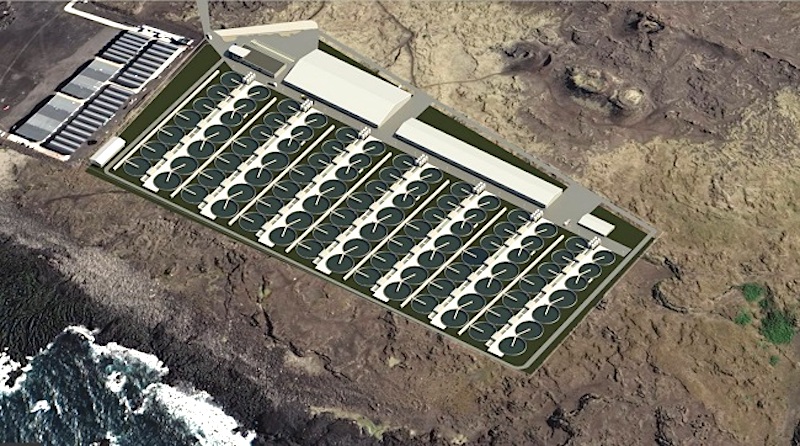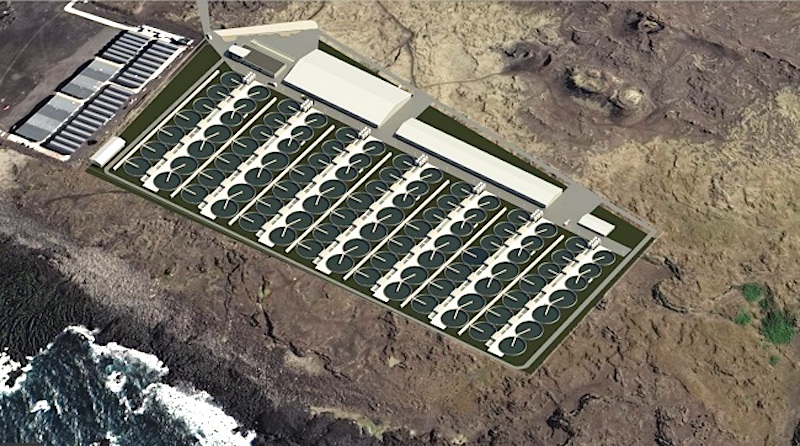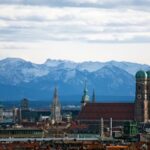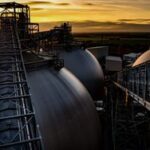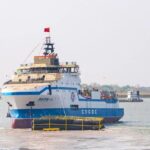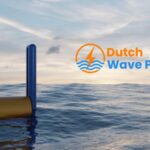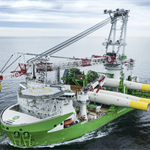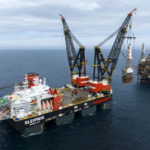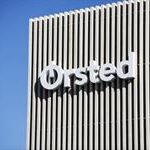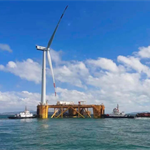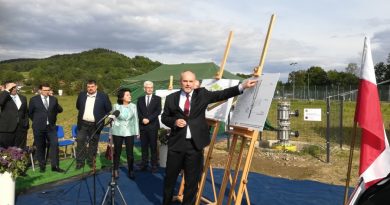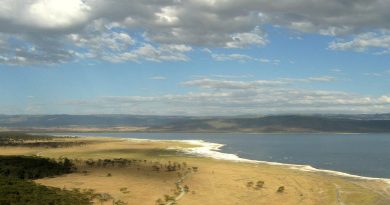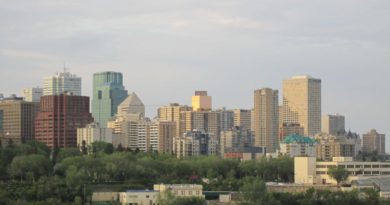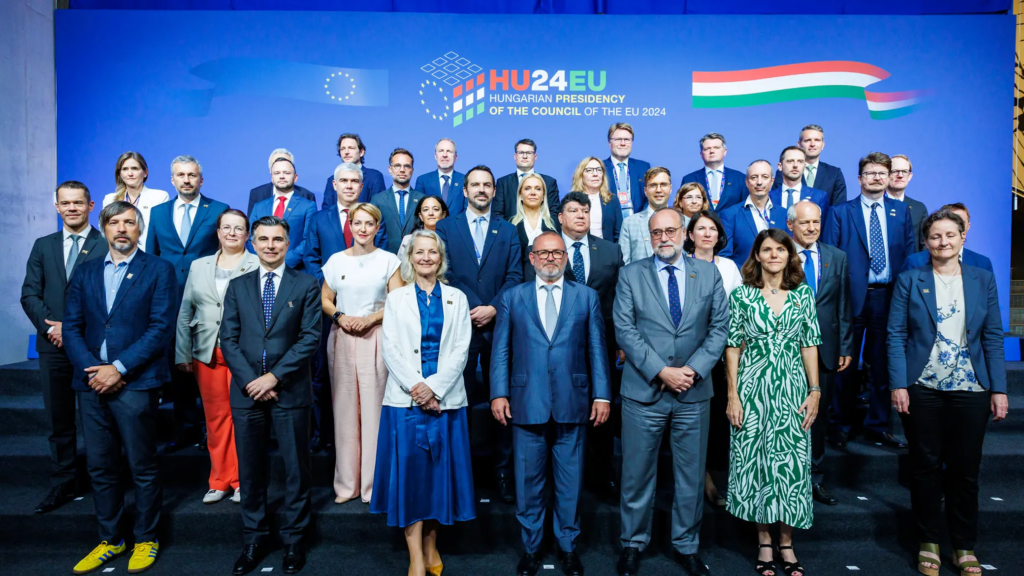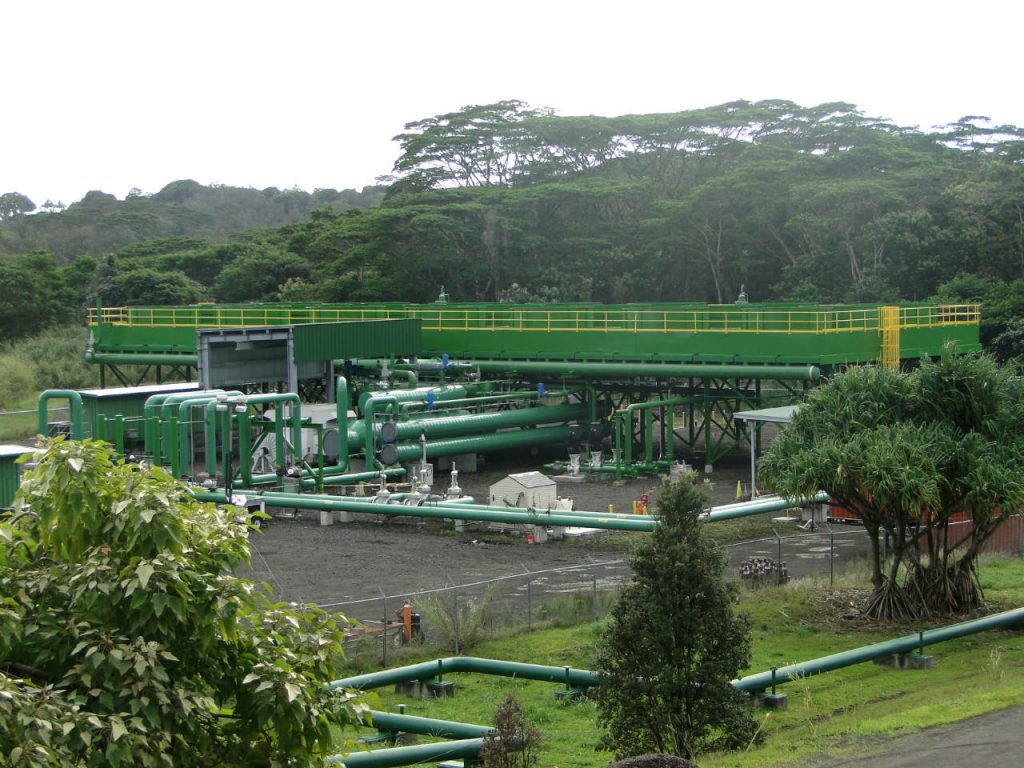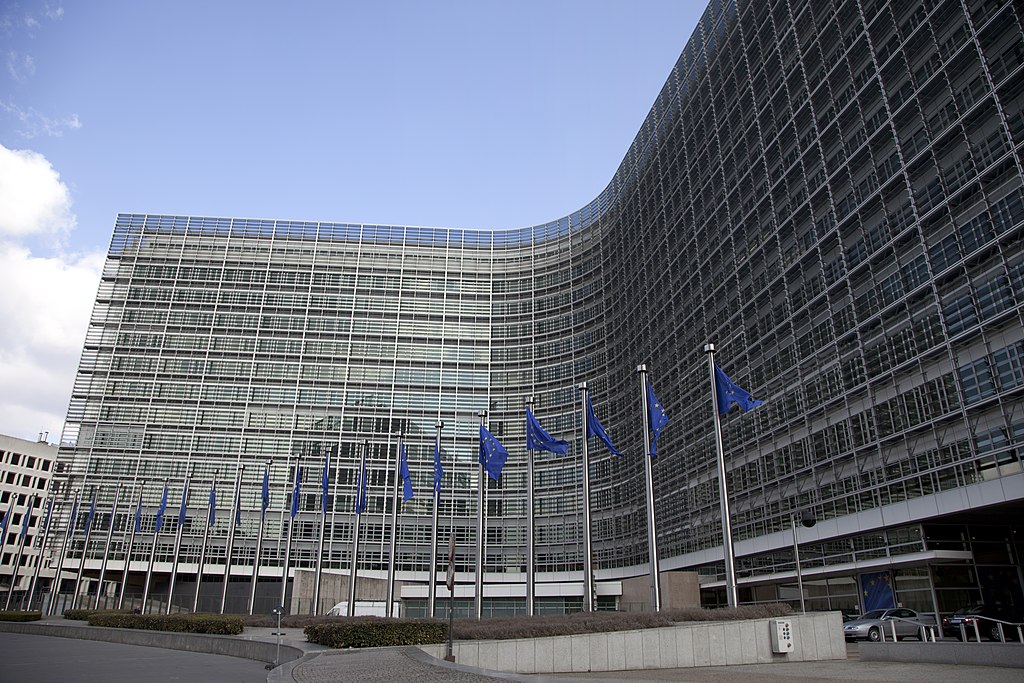Large-scale salmon farming operations to tap geothermal
Energy Disrupter
With a planned investment of $370 million, land-based salmon fish farming operations to tap into geothermal energy from the Reykjanes geothermal plant by HS Orka in Iceland.
A new large scale investment has been announced as part of an agreement between fish farming operator Samherji fiskeldi ehf. and Icelandic geothermal operator HS Orka, June 16, 2021. The agreement entails the supply of electricity and hot water from the operations of the Reykjanes geothermal power plant by HS Orka increasing the operations of HS Orka’s Geothermal Resource Park.
Samherji plans the development of large scale land-based salmon farming operations to produce up to 40,000 tonnes of salmon annually, having secured access to seawater, and electricity and hot water from the cooling of the geothermal plant. An agreement was also reached for access to land with landowners for the development.
Samherji fiskeldi (Samherji Aquaculture) plans to build up to 40,000 tonnes of salmon aquaculture in three phases over the next 11 years. The land farm will be located by Reykjanesvirkjun and will consist of a hatchery, a farm and a primary processing house as well as service buildings. The total investment is estimated at over ISK 45 billion (around USD 370 million), but the board of Samherji has decided to provide funding for the first phase of the project. It is planned to look for more investors when it comes to further expansion of land farming. The aquaculture plans in the Resource Park are considered large in comparison with other aquaculture projects that are currently being prepared internationally. Numerous jobs will be created during the construction period and over two hundred jobs in land farming when product processing begins.
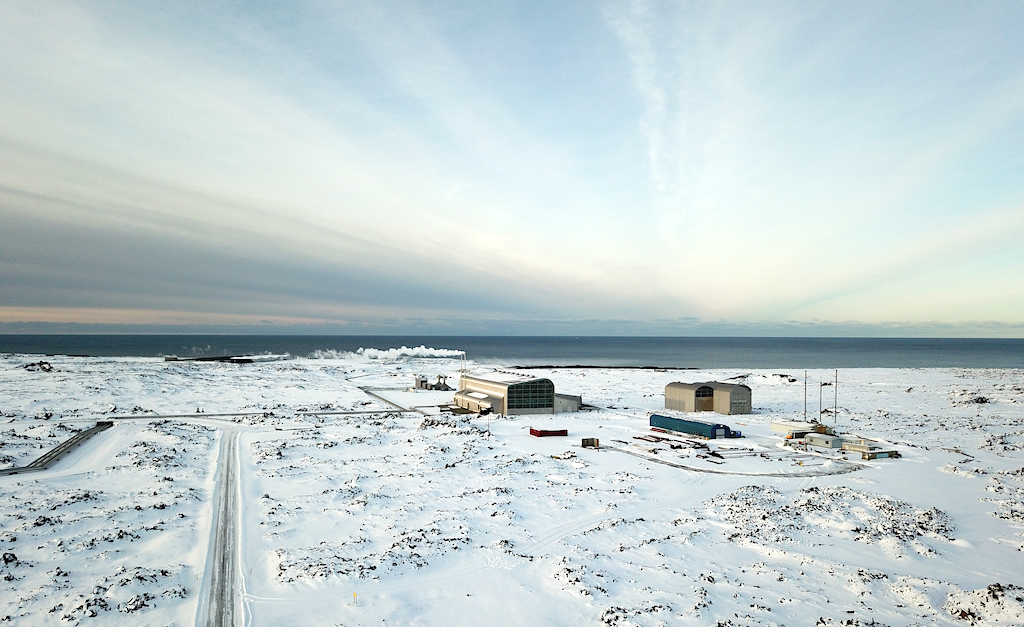
Preparations for the first phase have begun
Work on the assessment process, licensing and design has begun, but it is planned to complete that process next year. According to Samherji’s aquaculture plans, juvenile farming will begin in the first phase at the beginning of 2023 and continued farming and processing of products in 2024 and 2025. In the first phase, production will be 10,000 tonnes of salmon and an estimated investment of ISK 17 billion (ca. USD 140 million). In the second phase 10,000 tonnes will be added and in the third phase 20,000 tonnes. If everything goes according to plan, the land fire in the Resource Park will be at full capacity in the year 2032.
Samherji fiskeldi, which is a company in the Samherji group, already has some operations in Sudurnes, but the company operates a primary processing house and full processing in Sandgerdi, a farm in Staður by Grindavík and a farm in Vatnsleysuströnd. In addition, the company has a salmon farm in Núpsmýri by Kópasker and a juvenile station in Núpar in Ölfus.
The planned Fish Farming operations – 3D renderings from Samherji (via YouTube)
[embedded content]
HS Orka currently operates two geothermal power plants, in Svartsengi and Reykjanes, as well as one hydroelectric power plant at Brú in Tungufljót in Biskupstungar. In the Resource Park around HS Orka’s geothermal power plants, a unique community of companies has been built that utilizes waste streams from the power plants in their operations. The companies in Geothermal Resource Park are today eleven in number and Samherji’s land farming will be the twelfth. The construction of the proposed fire supports the Resource Park’s goal of utilizing waste streams from geothermal power plants, which today flow partly unused to the sea. Conditions in the Resource Park are favorable when it comes to access to electricity, geothermal energy, hot springs and geothermal seawater.
Tómas Már Sigurðsson, CEO of HS Orka: “With this agreement between HS Orka and Samherji fiskeldi, one more company is added to the diverse operations that already exist within the Resource Park. We welcome Samherji’s plans for the Reykjanesvirkjun industrial site with the aim of producing a healthy, low – quality product. The ideology of the Resource Park is precisely to promote better resource utilization. In this project, seawater from Reykjanesvirkjun will be used to ensure a constant target fire temperature for the fish. Finally, it is gratifying that with these plans, activities in our area of ??operation will increase – whether in terms of increasing the number of jobs in aquaculture within the resource park itself or in related industries across the Suðurnes “.
Jón Kjartan Jónsson, Managing Director of Samherji Aquaculture: “The management and staff of Samherji fiskeldis have worked hard to prepare this project in Reykjanes for almost a year. It is a big step for us to complete these agreements and we can start building. We have achieved good results in aquaculture on land and this investment reflects the confidence we have in the continued growth of this industry. We are excited to build in the area and take advantage of the benefits of being close to HS Orka and Reykjanesvirkjun. In this area there are some of the best conditions for aquaculture we have found. Utilization of seawater flowing from HS Orka’s power plant is a major factor in making this structure feasible. Not least, this is a very environmentally friendly production that the market is calling for.”
Þorsteinn Már Baldvinsson, CEO of Samherji: “The development of salmon farming on land within the Resource Park is based on the knowledge of Samherji aquaculture and HS Orka in very different areas, but when it is added together, we consider it economical to develop extensive land farming, which must be considered great news. These investments will also create dozens of jobs in Reykjanesbær and the Suðurnes region and increase Iceland’s export revenues significantly. The Board of Directors of Samherji hf. Has already agreed to contribute ISK 7.5 billion to this aquaculture project in order to chew the development of the first phase. In my opinion, it shows the confidence we have that this is the right path to future food production and value creation. At a later stage, we will look for more investors to ensure the overall structure of the project. “
Learn more about the Resource Park:
[embedded content]
Auðlindagarður HS Orku from HS Orka on Vimeo.
Source: HS Orka

